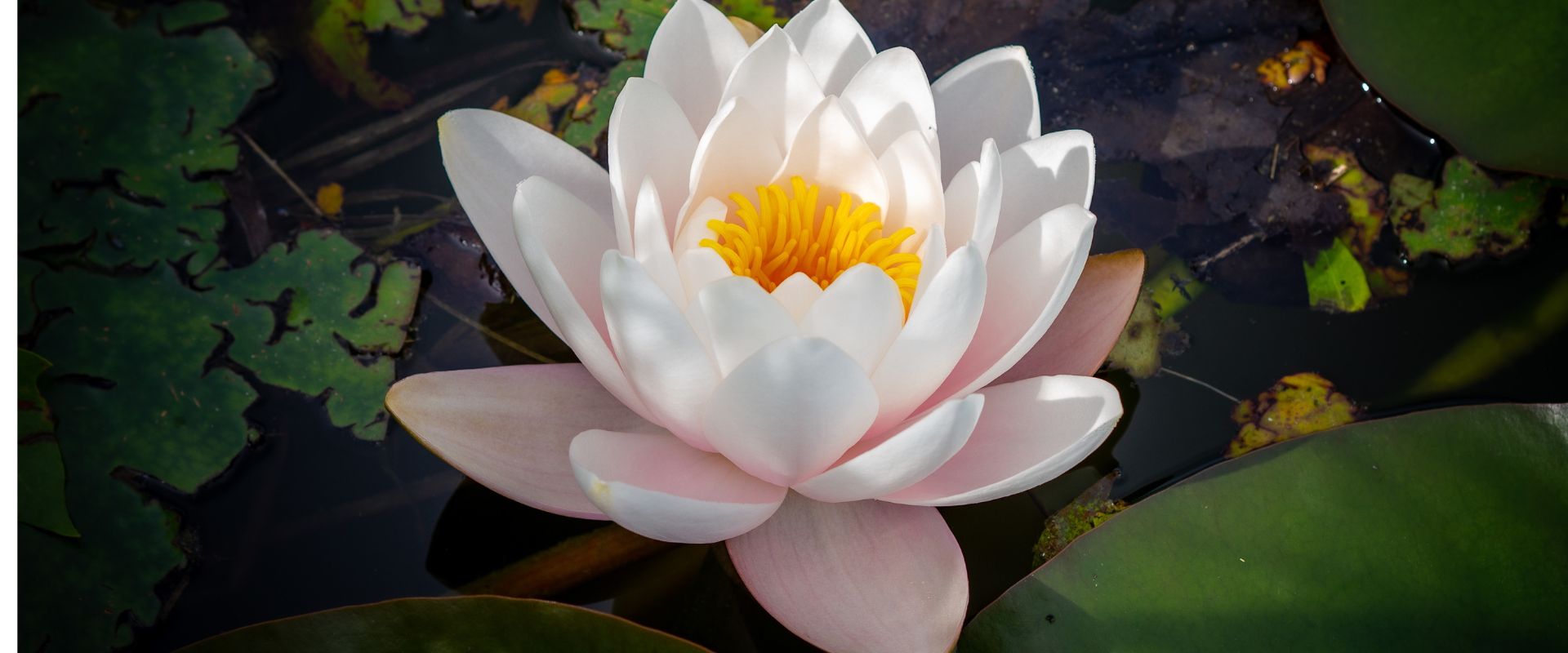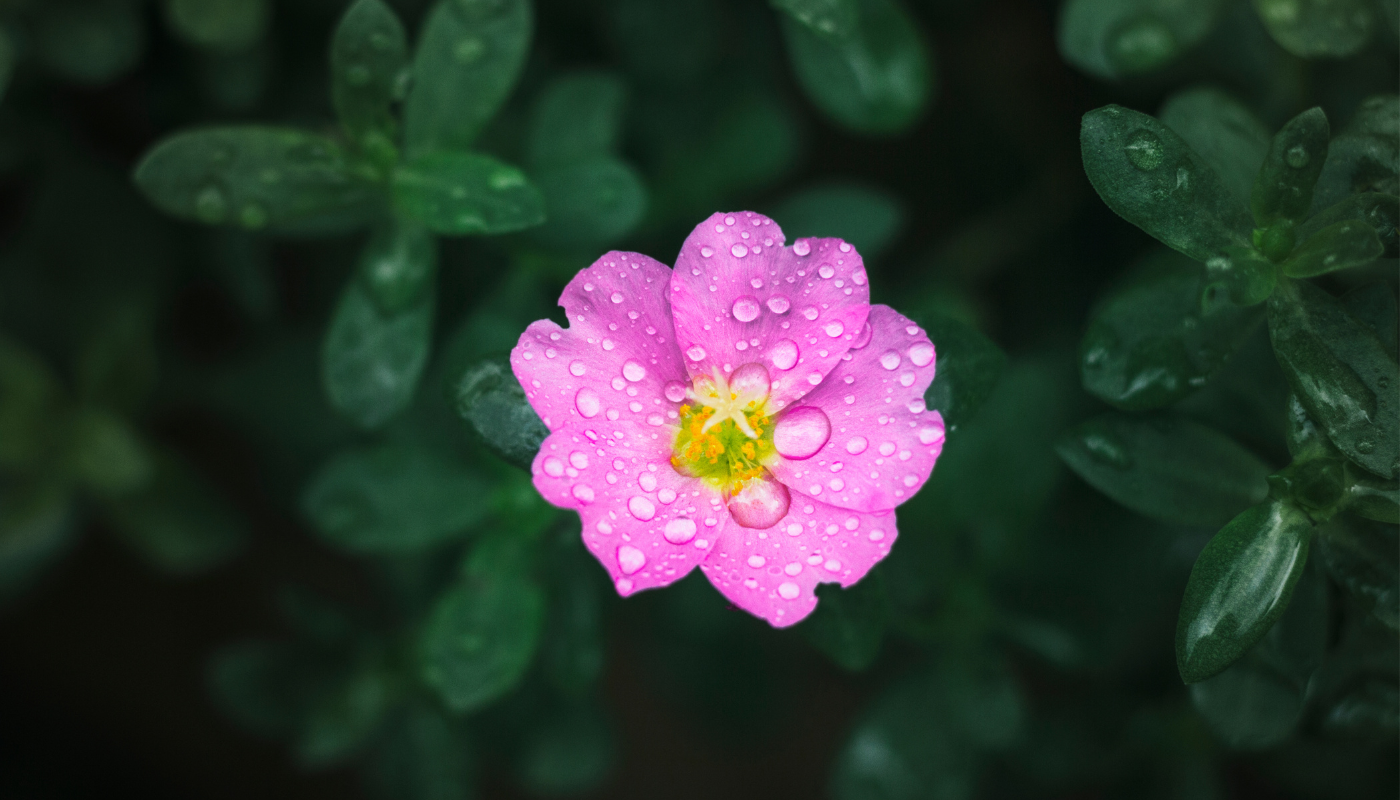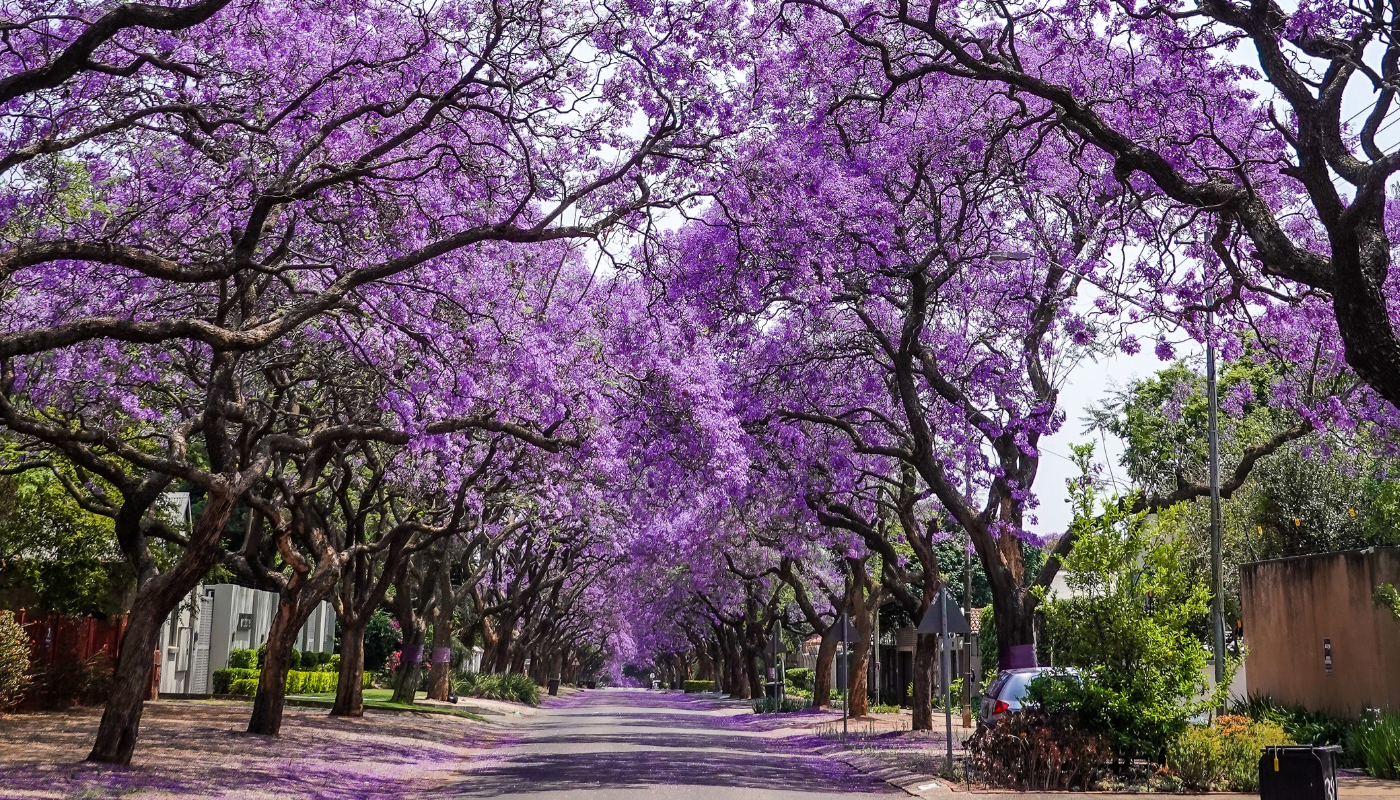

Even though we keep hearing that rainwater has much potential, we need help understanding it in practice. What if someone told you that just as conserving solar energy can provide us with an endless supply of energy, conserving rainwater can give us an infinite supply of water?
If you’re a buyer looking for your dream home, you must find out how water-sensitive your shortlisted residential developments are. Here are some features you must check for to ensure your future home complies with the latest residential rainwater and flood management systems before investing in it.

Residential projects with excellent water management systems in place are designed a certain way and for a particular purpose that allows the entire project as a collective whole to utilise rain and stormwater intelligently. In other words, the entire landscape, not just a single feature, helps manage rain and stormwater. From lush vegetation that helps absorb rainfall to its landscape and rain gardens, everything plays a collective role and works as a team when the landscape is designed right.
Technology is the real game changer when it comes to residential homes. Does your potential new home have smart voice assistants like the Alexa-enabled smart homes at Embassy Edge? Does it have home biometric access panels? Are your homes automatic and intuitive? Don’t invest in a technologically regressive home. Instead, invest in properties that are future ready and have great technology features to make life easier and more productive.
But what truly makes for a smart home? Are smart homes only about technology? Or are there more aspects that contribute to making a smart home? Here are some fundamental features that additionally make for a smarter home!

Phytoremediation (cleansing water and soil with plants) is a great way to store clean natural water. Plant species can remove toxins in the water and soil, such as heavy metals, process organic pollutants, and hydrocarbons. This process helps to improve the quality of rainwater before storage and reuse and infuses more oxygen into the water. Some luxury residential projects have started offering Phytoremediation as an amenity.
The dense mixed vegetation within the residential premises helps retain moisture on site. This is another creative and eco-friendly way to capture and manage water within a residential project. The more plants, the better a residential project is prepared to manage water inflow and outflow.

Roof Water management is critical in a good water management strategy. Since roofs play an essential role in collecting rainwater, it becomes a critical strategic collection point. In a well-planned property, each house collects roof water for domestic consumption and recharges excess runoff within its premises. On the other hand, the rainwater collected from the ground is cleansed and pumped back into the overhead tanks for maintenance.
Wastewater management is central to a good water management plan that doesn’t just depend on utilising fresh, clean water. In a well-planned project, wastewater is collected and cleaned at the STP facility and pumped to overhead tanks for redistribution.
Having natural or artificial water bodies such as lakes and ponds play a massive role in residential water management. The annual monsoon feeds artificial lakes, and plants and other aeration processes cleanse greywater. Natural and artificial water bodies also help store excess stormwater and thereby prove to be beneficial for everyone.
Recharge wells are a unique feature in several current development projects that help feed the required water into the aquifer. Designed with underground tanks that collect surface run-off water from paved and unpaved areas, recharge wells actively contribute to a project’s water management goals and aspirations in a highly effective manner.
Rain Gardens are outdoor gardens that encourage outdoor activities for residents. But rain gardens also play an essential role in water management by capturing and cleansing stormwater and later discharging it in roadside drains. Rain Gardens can be an aesthetic value addition in residential projects and a great boon for effectively utilising water.
Choosing a residential property with the proper water management strategy is crucial for lifestyle improvement and better investment purposes. Furthermore, with sustainability trending worldwide, water and energy conservation features promise to play a pivotal role in residents’ quality of life.
Embassy Springs is a fully water-sensitive and eco-conscious development project. Most of the water that comes into the site is collected and reutilised to sustain the entire community and help rehabilitate the drying water table in compliance with the highest quality standards. Furthermore, the innovative water management features at Embassy Springs pave the way for current and future generations of residents to live a life of high luxury and fulfilment.